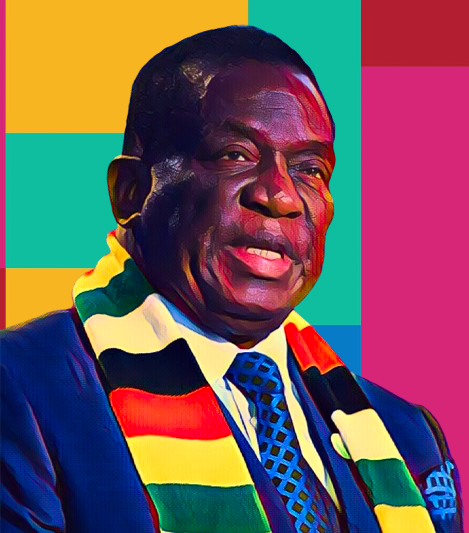President Emmerson Mnangagwa has enlisted traditional chiefs to help address the contentious issue of the Gukurahundi massacres, a move aimed at fostering national reconciliation and healing. This initiative comes as Mnangagwa seeks to pacify Zimbabweans over the atrocities committed in the 1980s, which have left deep scars in the nation’s history.
The Gukurahundi massacres, which occurred between 1983 and 1987, saw an estimated 20,000 people killed in Matabeleland and Midlands provinces by the North Korean-trained Fifth Brigade. The brutal campaign, targeting perceived dissidents, has remained a sensitive and divisive topic in Zimbabwean politics.
Mnangagwa, who has been criticized for his involvement in the massacres as State Security Minister at the time, is now taking steps to address the issue through traditional leadership. The chiefs, respected figures in their communities, are expected to lead discussions and mediation efforts aimed at promoting understanding and reconciliation.
During a recent meeting with the National Council of Chiefs, Mnangagwa emphasized the importance of this initiative. “Our traditional leaders are custodians of our culture and heritage. They are best placed to facilitate dialogue and healing among our people,” he stated. The chiefs are expected to conduct consultations and gather testimonies from affected communities, which will inform the government’s approach to addressing the legacy of Gukurahundi.
Chief Fortune Charumbira, president of the National Council of Chiefs, expressed support for the initiative, highlighting the need for a culturally sensitive approach to reconciliation. “We believe that through dialogue and community engagement, we can begin to heal the wounds of the past and build a united nation,” Charumbira said.
However, this move has been met with skepticism from some quarters. Critics argue that Mnangagwa’s involvement in the original atrocities undermines his credibility in leading the reconciliation process. “It is difficult to trust a process led by someone who was part of the problem. Genuine reconciliation requires accountability and justice,” said opposition leader Nelson Chamisa.
Human rights organizations have also called for a more comprehensive approach that includes truth-telling, justice for victims, and institutional reforms. “While traditional leaders have an important role to play, there must also be formal mechanisms to ensure accountability and reparations for victims,” stated Dewa Mavhinga, Southern Africa Director at Human Rights Watch.
Despite the criticisms, the engagement of traditional chiefs is seen as a significant step towards addressing the Gukurahundi issue. By involving respected community leaders, the government hopes to create an environment conducive to honest dialogue and healing.
Mnangagwa’s administration has previously taken steps to acknowledge the massacres, including allowing memorial services and exhumations of mass graves. However, these efforts have been seen as insufficient by many victims and their families, who continue to demand justice and reparations.
The success of this initiative will depend on the willingness of all parties to engage in the process and address the complex legacy of Gukurahundi. It is a delicate balancing act between acknowledging past atrocities and fostering a sense of national unity.
As Zimbabwe grapples with its past, the hope is that this initiative will pave the way for a more inclusive and reconciled nation. The involvement of traditional chiefs could be a crucial element in bridging the gap between the government and affected communities, offering a path towards healing and understanding.
Source: NewZimbabwe.com


